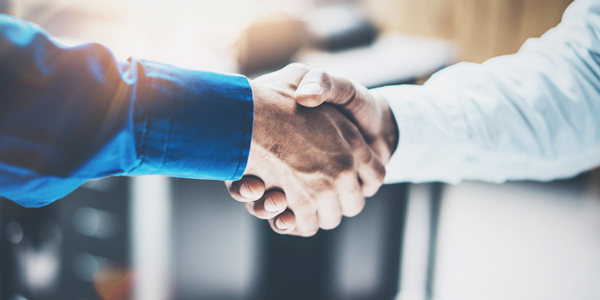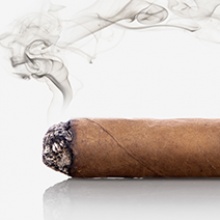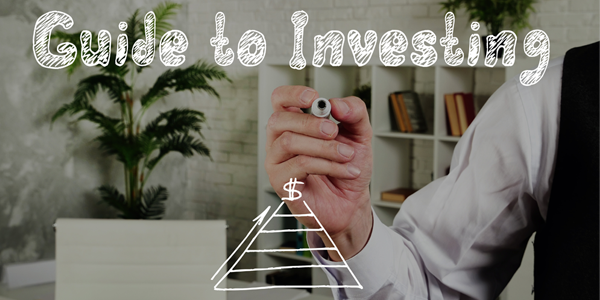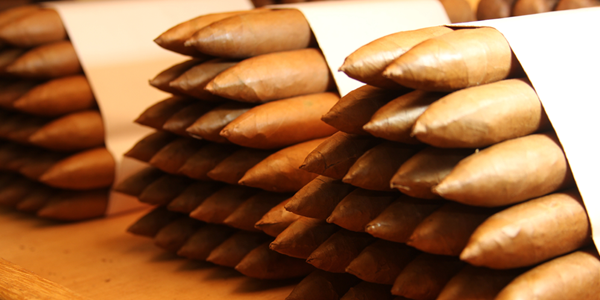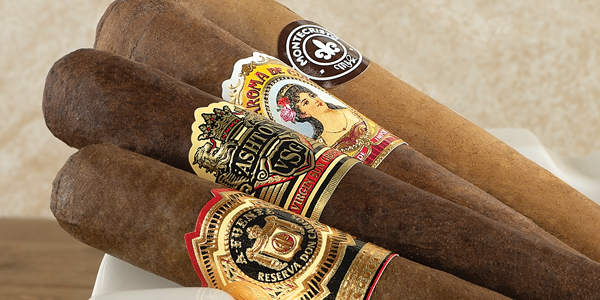How to Trade Cigars
Cigars lovers share an undeniable bond. When you smoke a new cigar that shoots to the top of your rotation, one of your first instincts is to tell your pals about it. After they smoke it and start raving about how great it tastes, you can bask in the glory of impressing them with your prowess of premiums. On the flipside, it’s easier to try a new cigar that’s been recommended by someone you trust who’s a fan of it.
Also, there are plenty of aficionados who constantly hunt for ultra-rare or limited edition blends online, and they’re willing to part with prized cigars from their personal collections to get what they want. That’s why trading cigars is popular. If you’re new to the game, here’s some basic cigar-trading etiquette to follow.
Know Your Cigars
Trading cigars requires awareness. Get familiar with the different brands and blends and their shapes and sizes. There are thousands of brands out there, but don’t be overwhelmed. It’s easy to get a handle on the major manufacturers like Arturo Fuente, Ashton, Padron, My Father, La Aroma de Cuba, Macanudo, Davidoff, and Oliva. The best-known cigar-makers produce a ton of smaller labels too. Many Cuban-legacy cigars like Montecristo, Romeo y Julieta, and Cohiba are made by a handful of big companies.
Learn to identify a cigar’s wrapper leaf, strength, and its tasting notes. The region where a cigar’s tobacco is grown influences its flavor. There are meaningful reasons why cigar enthusiasts prefer Dominican cigars over Nicaraguans and vice versa.
If you’re curious about Cubans, learn the general differences between Cuban and non-Cuban cigars. You don’t need a PhD, but some solid universal knowledge stretches your street cred. We’ve got a full library of Cigar 101 topics to get you started.
Do Unto Others…
Exchange cigars of approximate value. If your girlfriend surprises you with courtside playoff tickets, you probably aren’t going to take her to McDonald’s as a thank you – unless your couch is really comfortable. Good cigars range in price from under $5 to well over $50 apiece. If a fellow trader ships a package with hard-to-find Fuente Fuente Opus X, Ashton ESG, and Padron 1964 Anniversary cigars inside, a bundle of Puros Indios is not a fair trade, no matter how good you think they are. Don’t look at trading as way to unload low-quality cigars you don’t like or don’t want to smoke. Trade cigars your partner will appreciate and stay in the same vicinity of price. Repaying somebody with a raw deal is a ticket to a bad reputation.
Trade with Trust
When you’re venturing outside of the pals in your poker circle to trade in an online forum, establish relationships with other legit cigar lovers cautiously. Exchange more affordable cigars at first. Make sure the shipping methods and turnaround time of fellow traders meet your expectations – and most importantly, that you’re getting fresh, high-quality product. Beware of potential scammers and build a network of mutual connoisseurs you can rely on.
Go to a Herf
If you’re unfamiliar with cigar herfs, here’s an in-depth summary. In a nutshell, a herf is like a big (or small) get-together of like-minded cigar lovers who meet up to smoke. Cigar herfs are often hosted in somebody’s backyard or man cave. The great thing about trading cigars at a herf is that it’s done in person. You can get to know they guys you’re doing business with and inspect the product you’re swapping before you complete the trade.
The biggest herfs, like Cigar Aficionado’s annual Big Smoke in Las Vegas or Cigarfest in Pennsylvania, require tickets and attract thousands of cigar lovers from around the country. Attendees get to meet their favorite cigar-makers, and they walk away with bags full of premium cigars.

